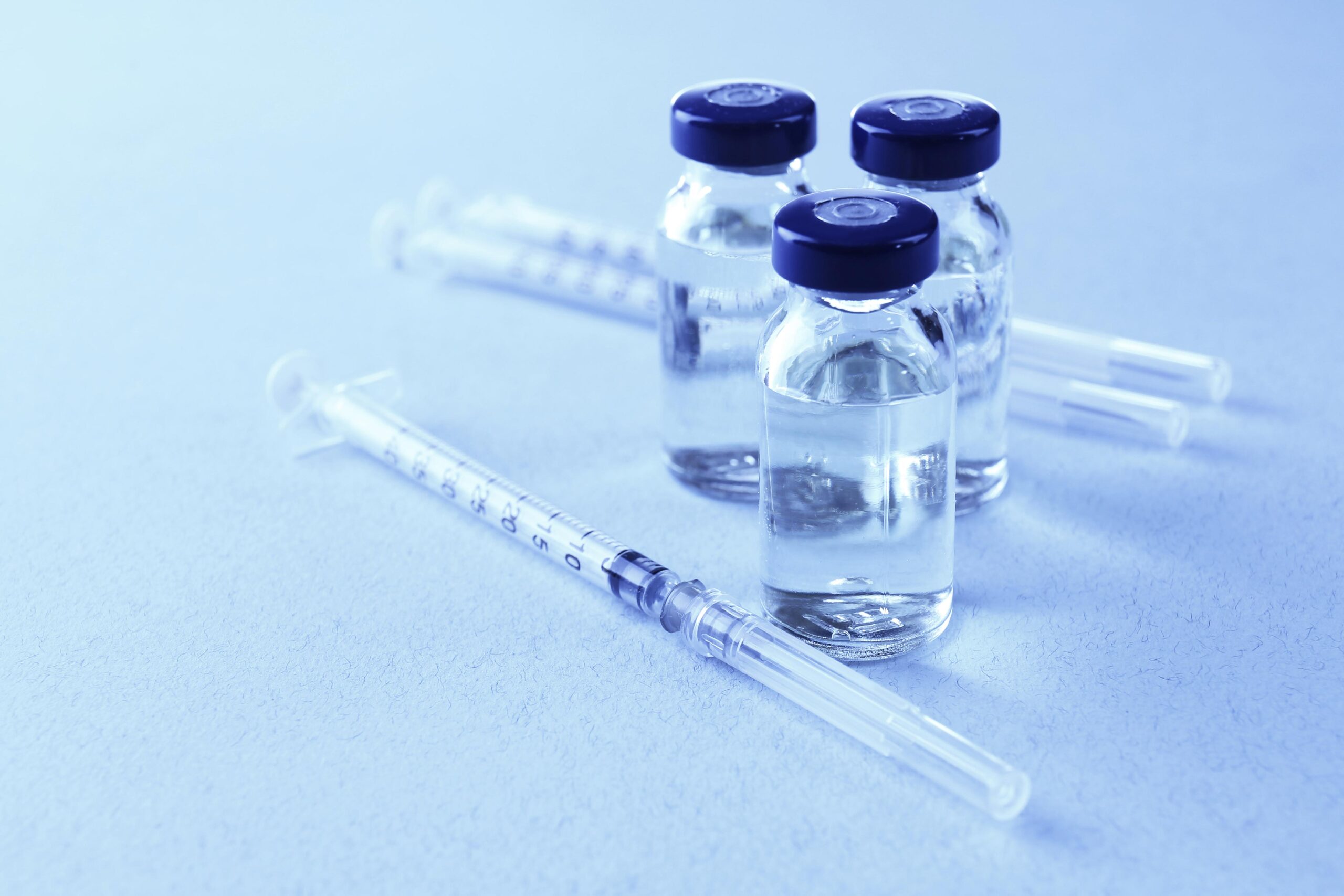 by Kenneth Fisher, MD
by Kenneth Fisher, MD
Nephrologist, ASBM Advisory Board Member
Biologic medicines are one of the most powerful tools physicians have to treat patients with serious conditions like cancer, rheumatoid arthritis, hepatitis, and multiple sclerosis. Copies of these therapies, called biosimilars, are becoming available in the U.S., and offer patients new treatment options, potentially at reduced cost. Unfortunately, a new biosimilars reimbursement rule made by the Center for Medicare and Medicaid Services (CMS) which took effect this year runs contrary not only to regulatory thought but to what physicians are seeing at the front lines of medicine today. Patient safety stands to suffer.
Unlike generic versions of relatively simpler chemical drugs, the size and complexity of biologic molecules, and the fact they are grown within living cells, mean that these copies cannot be exact. Even seemingly minor differences between two similar biologics can produce unexpected effects in patients, including unwanted immune responses that hurt a patient we are trying to help.
In Thailand for example, more than 30 biosimilars are available to stimulate red blood cell production. When one or more of these products began causing a potentially-deadly condition called Pure Red Cell Aplasia (PRCA), identifying the product(s) responsible was extremely difficult, due to all the products sharing the same nonproprietary name.
Accurate tracking of patient response, including attribution of adverse events, is critical for all biologics, including biosimilars. This is particularly important for biosimilars the Food and Drug Administration (FDA) has not designated “interchangeable”. In the U.S., only interchangeable biosimilars will have been evaluated and found they can be expected to have the same effects as with the original product in any given patient and can be repeatedly substituted in place of their reference biologic without any additional risk as compared to staying on the original product.
So critical is this need for distinguishability it has prompted leading regulators like the FDA and the World Health Organization (WHO) to recently update their nonproprietary naming systems to clearly differentiate biosimilars from their reference products and from one another, adding a unique four letter suffix to a common root, rather than all these products sharing the same scientific name.
The biosimilar reimbursement rule, which governs how healthcare providers are reimbursed for their services, runs counter to much of the current regulatory thought regarding biosimilars.
CMS would require physicians to use a shared billing code (also known as a HCPCS or “J-Code”) for all biosimilars used in lieu of the reference product. Use of these shared identifiers for multiple biologics is greatly out of step with what is known about these medicines- implying to patients and providers an identicality between multiple products that does not exist with biologics.
Further, it falsely suggests these products are inherently interchangeable (and thus substitutable) with one another- a determination that can only be made by the FDA after reviewing comparative study data. No product has yet been designated interchangeable.
Rather than adding clarity and transparency when making treatment decisions or when tracking patient response (as the FDA and WHO identifiers do), the biosimilar reimbursement rule introduces needless ambiguity and obfuscation both during treatment and afterward in tracking the long-term safety and efficacy of these agents.
The FDA’s Sentinel system uses HCPCS codes when tracking adverse events. The use of a shared code to cover many different biologics could potentially result in pooling and misattribution of adverse events, obscuring the detection of safety signals and making it much harder to accurately identify and address any safety problems should they occur.
Biosimilars bring new treatment options for patients and offer potential cost savings. But clear product identification for all biologics, including biosimilars, must remain a priority in order to realize these benefits.
The CMS biosimilar reimbursement rule represents a step backward for patient safety, and according to most commenters undermines access. Indeed, it was finalized over the objections of almost every stakeholder in the biosimilars discussion: physicians, patient groups, insurers, pharmacies, and manufacturers of both innovator and biosimilar medicines.
Finalizing the proposed policy without satisfactorily resolving the near-unanimous objections could be considered rulemaking malpractice. Fortunately for patients affected by bad policy, the outcome is not determined until the policy is implemented and CMS still has time to get it right. It would seem reasonable for one federal agency, CMS, to consult another, the FDA, before finalizing its rules on biologics.
